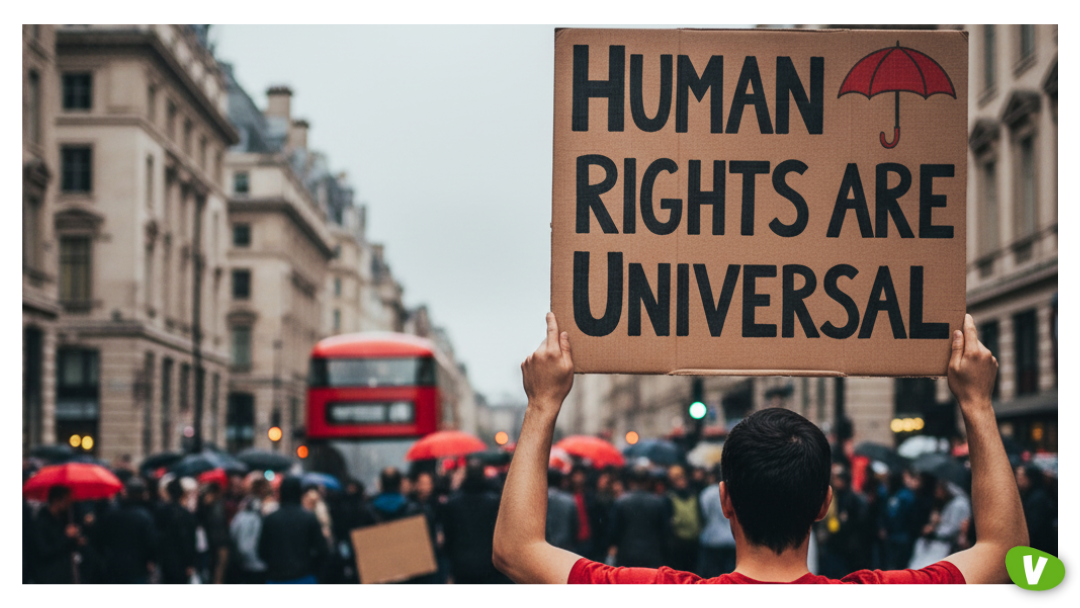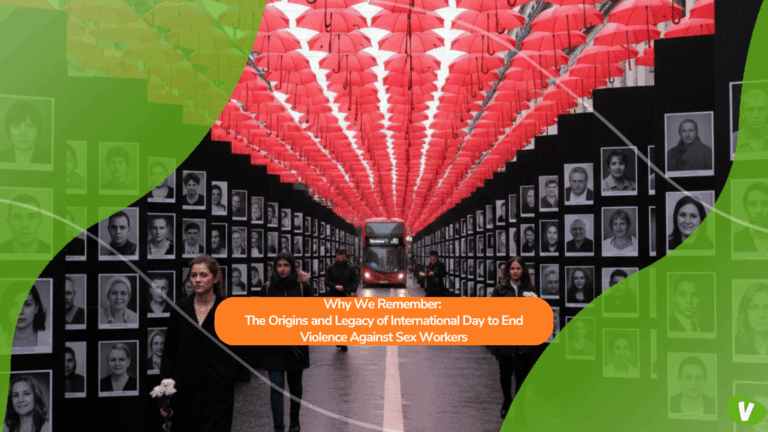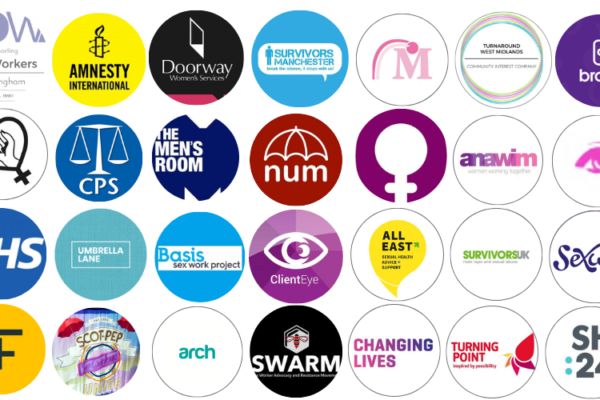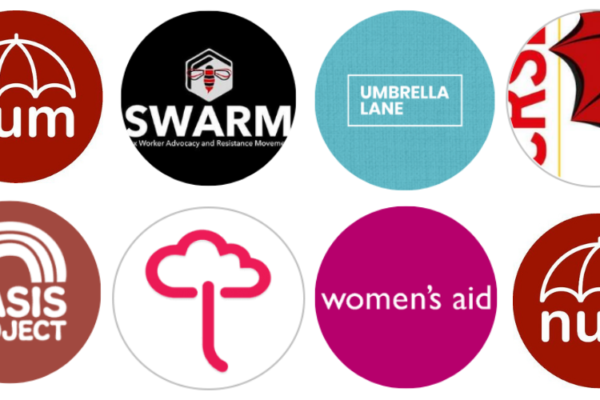Each year on 17 December, sex workers and allies around the world pause to mark the International Day to End Violence Against Sex Workers (IDEVASW). But this is far more than a date on the calendar – it’s a powerful call to action, a space for collective grief, and a reminder of the urgent need for change.
The Origins of IDEVASW: A Response to Injustice
IDEVASW was founded in 2003 by American sex worker and activist Dr Annie Sprinkle, alongside the Sex Workers Outreach Project (SWOP-USA). It emerged in direct response to the case of Gary Ridgway – the Green River Killer – who admitted to murdering more than 70 women, most of whom were sex workers.
Ridgway targeted sex workers precisely because he believed no one would care. And for years, no one did. His chilling confession highlighted the deep societal indifference towards violence against sex workers – and sparked a global movement to change that.
From Mourning to Mobilising
The first IDEVASW was a day of mourning. But as the movement grew, it became something more – a day of protest, of reflection, of remembrance, and of resistance. Across the world, vigils, marches and online campaigns honour those lost to violence while demanding accountability from governments, law enforcement and society at large.
In the years since its creation, IDEVASW has grown into an international movement that shines a light on the ongoing threats faced by sex workers – not just from clients or predators, but from discriminatory laws, stigma and systemic neglect.

Why Sex Workers Are Still at Risk
In the UK, sex work itself is not illegal – but many surrounding activities are criminalised. For example, sex workers cannot legally work together for safety, and those who do may be prosecuted for brothel-keeping.
This legal grey area forces many into isolation, increasing vulnerability to violence while making it difficult – or dangerous – to report crimes to the police. The fear of arrest, loss of custody, deportation, or public exposure often keeps sex workers silent, and their attackers protected. Perpetrators are emboldened by this silence. As Ridgway demonstrated, when society dehumanises sex workers, violence becomes easier to justify – or ignore.
What Makes IDEVASW Different
IDEVASW isn’t just another awareness day. It’s community-led, grounded in lived experience, and unapologetically political. It doesn’t shy away from naming the root causes of violence – criminalisation, stigma, racism, transphobia, homophobia, poverty and misogyny.
What sets IDEVASW apart is that it centres sex workers themselves. It’s not about speaking for sex workers – it’s about listening to them. It’s a space for sex workers to honour their dead, share their stories, and demand real change on their terms.
Remembering the Names, Demanding Justice
The emotional weight of IDEVASW is undeniable. It’s a day when names are read out. Faces are remembered. Lives are honoured. But remembrance is only one part of the equation.
IDEVASW demands justice. It calls for safer working conditions, legal reform, and support services that treat sex workers with dignity and care. It pushes back against media sensationalism, harmful stereotypes, and policies that put people at risk.
And perhaps most importantly, it makes the invisible visible. It tells the world: these were people. They had names, families, communities, and dreams. And they deserved better.

How Allies Can Show Up
If you’re outside the sex work community, IDEVASW is an opportunity to step up. That might mean attending a vigil, donating to sex worker-led organisations, challenging harmful narratives, or learning more about the issues at play.
It might mean rethinking your assumptions, examining your biases, or supporting decriminalisation efforts in your area. It could be as simple as asking: what can I do to support sex workers in my community – not just today, but all year round?
A Growing Movement for Change
Since its beginnings in the early 2000s, IDEVASW has expanded to dozens of countries. Each year, more cities host events, more names are honoured, and more voices join the call for justice. The legacy of the International Day to End Violence Against Sex Workers lies not just in the vigils or marches, but in the growing recognition that sex workers deserve safety, respect and autonomy. That violence is not an occupational hazard – it’s a preventable outcome of marginalisation. And that change is both possible and necessary.
The Takeaway
IDEVASW is not just a day to remember – it’s a day to act. It honours those who have been lost, but also drives a global movement toward justice, protection and visibility for sex workers.
For more advice on sex worker rights, safety, and advocacy, visit the Vivastreet blog.





